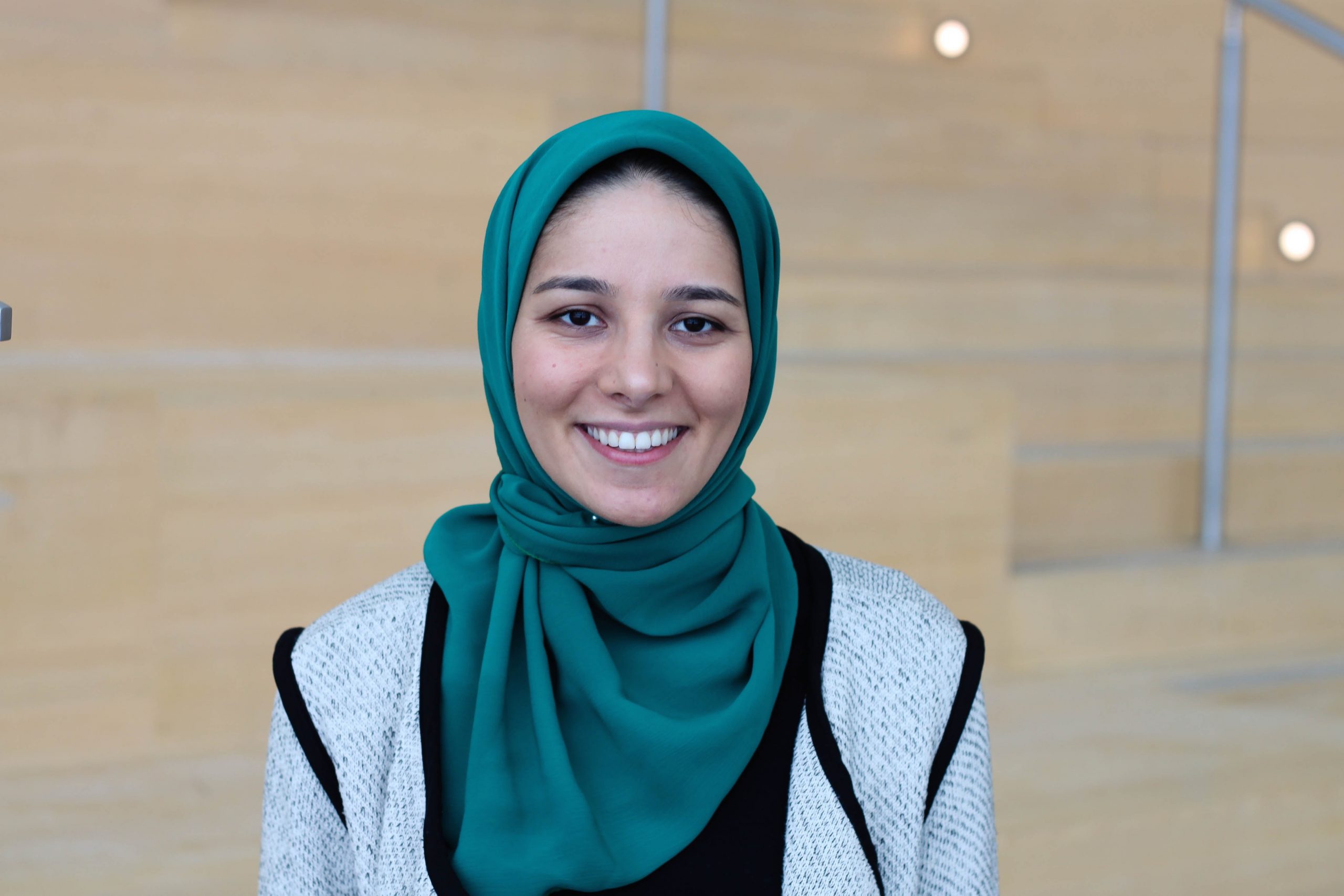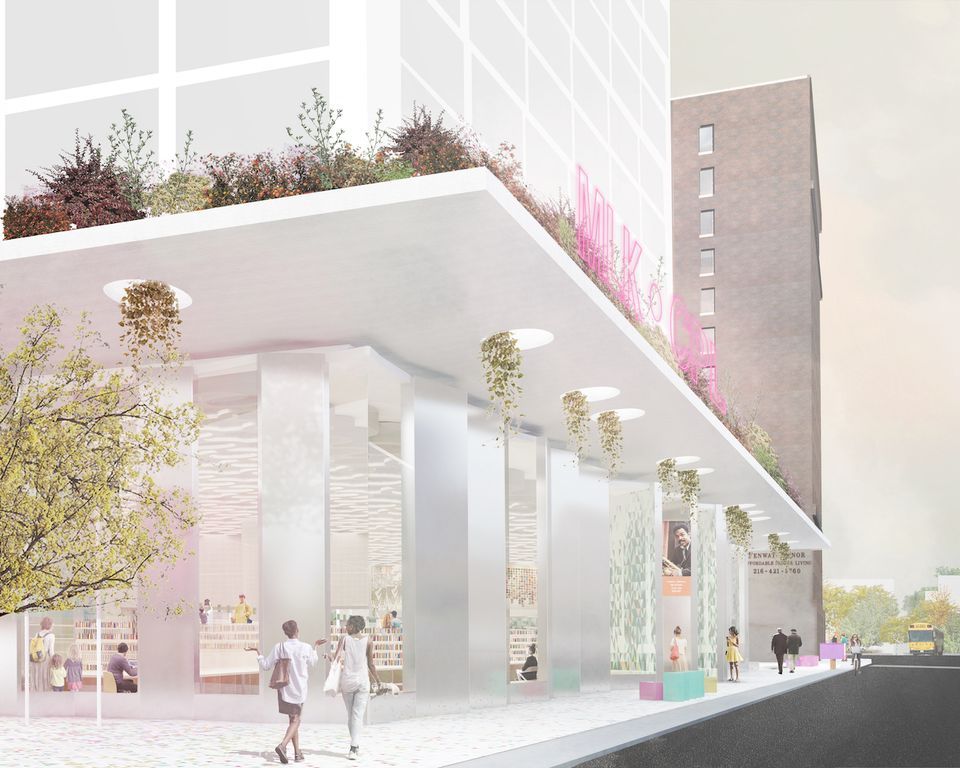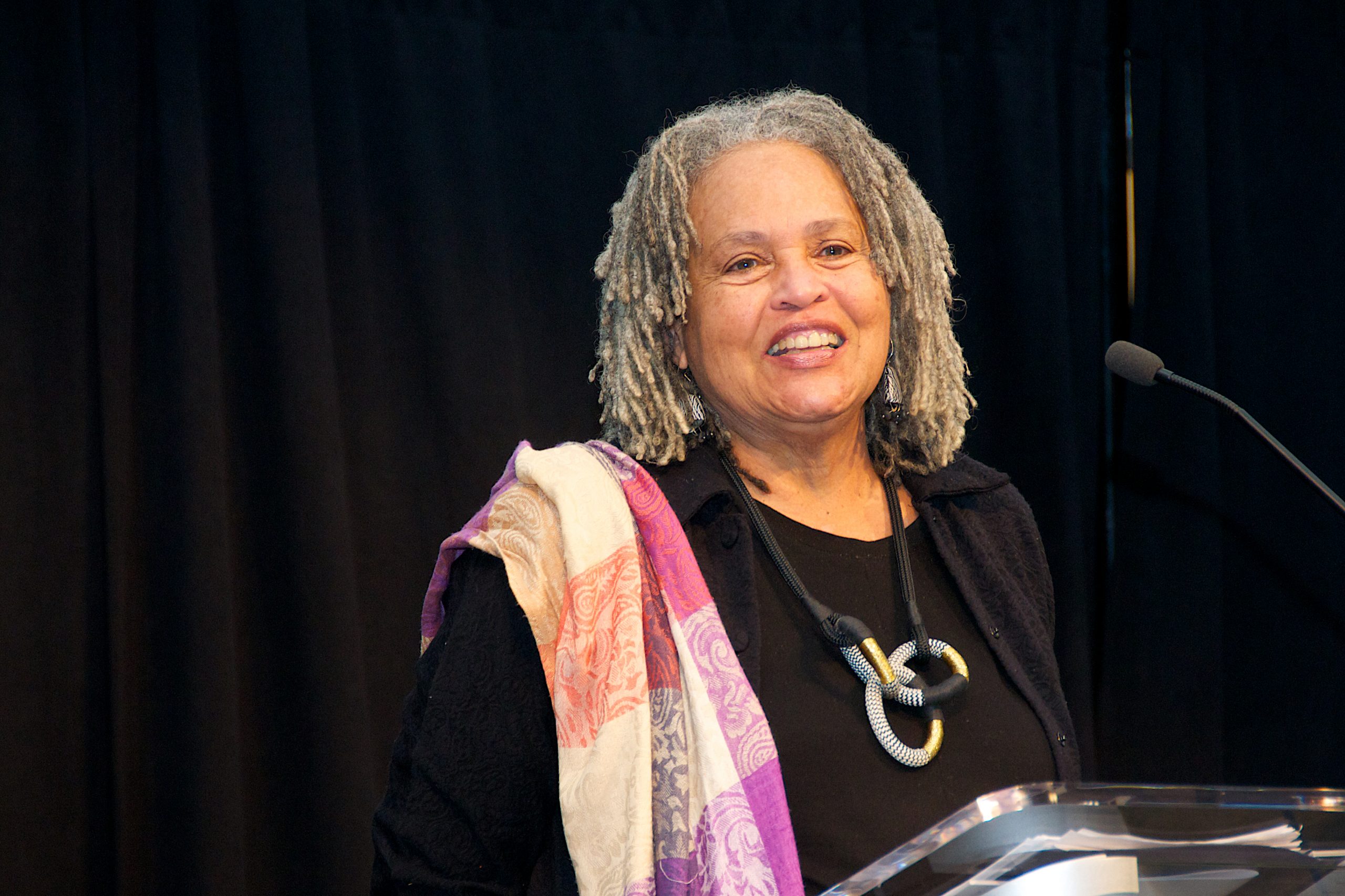Of the five prompts for the 2016 Martin Luther King essay contest, Case Western Reserve University senior Shadi Admadmehrabi selected the following quote as her guide: “According to your own ability and personality, do not be afraid to experiment with new and creative techniques for achieving reconciliation and social change.”
Ahmadmehrabi’s reflection on solving inequities in the community surrounding the CWRU campus earned her a nod as a finalist in this year’s contest. Read her essay in full below and leave a comment if you are so inclined:
by Shadi Ahmadmehrabi
What does it mean to be a student in Cleveland? What is our role as a community member outside of just going to class and back? How do we understand our neighbors and the fact that the life expectancy of the average person drops 20 years just 3 miles from campus?
I do not know the answers to these questions, but I have begun to understand my role as a student in Cleveland in the last few months of my time here. In the Spring of 2014, I, along with other members of the Muslim Student Association, started the Case Western Reserve University chapter of Food Recovery Network. Our mission is to fight waste and feed people by recovering the surplus food from campus and donating it to the community. We work with Bon Appetit and several other businesses in the area to donate their unsold excess food that would otherwise be simply thrown away, ensuring that the food we donate is treated with the same care and quality control as food we would serve to our own families. In the past year, we have donated over 7,300 pounds of food.
Every Saturday, we deliver the recovered food from campus to St. Matthew’s United Methodist Hope Soup Kitchen. We stay at St. Matthew’s for three or four hours to help prepare and serve a warm meal using ingredients from the Cleveland Food Bank. The community members who come to St. Matthew’s receive a warm meal onsite and take home the food we brought from campus, providing a few meals for the week.
In the kitchen, I have learned how to cook lasagna for a hundred people and use an industrial can opener. But most importantly, the conversations I have had in that kitchen have taught me about myself, my community, and my sense of place in Cleveland.
The first time I was in the kitchen at St. Matthew’s, I talked with Stephen, the kitchen cook and self-proclaimed professional taste tester, about Lebron James’s return to Cleveland. Since then, I have talked with him and other members of the church about how more money is spent on surgical procedures for hair loss worldwide than malaria research, how our religions are much more similar than different, the history of Hough Street, and most importantly, how to get other students to have these conversations. St. Matthew’s, just two miles from campus, is where I have truly received an education.
I have taken classes on urban planning, how big corporations affect our society, research ethics, and religion. When I took those classes, I arrogantly felt like I understood the problems I wrote papers on. It was not until I put myself in my community, in an uncomfortable place, in front of someone whose life experiences were vastly different than mine that I could contextualize what I learned in class.
In classrooms, we read books by academics to learn about the problems playing out in our own neighborhood. We write eight-page papers reflecting, abstractly, on the macroscopic forces which have led to the pressing issues of our time. We travel hundreds of miles to volunteer for a week in a developing nation. We distance ourselves from problems like hunger, which we perceive as a starving child in a country far away, when we can see it a block from campus. In our focus on studies and on being impressive, we neglect the opportunity for a type of education unattainable in the classroom. We prioritize our studies and resume padding over using the incredible opportunities and ability we have on campus to achieve change.
Starting Food Recovery Network has been my personal way of doing what I can, given my abilities, to try to bring about an equilibrium between the vast excess of resources on our campus and the need in our community. But I am not a savior. No one is. Food Recovery Network helped me find purpose in my role as a student in my community, allowed me to practice my values, and empowered me as an underrepresented minority in leadership. In this regard, the value of giving back to my community is not just in benefiting others but also benefiting myself. It is impossible to distinguish service as purely altruistic because of this self-reward.
My community is full of assets and hardworking people and I have been privileged enough to find my space within that. If I did not have a car, disposable income, and free time, I would not have been able to start this organization. I have been careful as a leader of a service group on campus to make sure other student volunteers also view this opportunity as a privilege. It is a privilege to be able to serve our community. If it were not for the resources we have on campus including USG funding, administrative support, and the benevolent donors we work with, we would not be able to do what we do. Without our neighbors at St. Matthew’s opening up their arms and hearts for us to come to their home every week, we would not be able to do what we do. The first part of Dr. Martin Luther King Jr.’s quote, “…according to your own ability,” is a reminder that we all have some ability and capacity to serve. Some people have more ability, and thus more responsibility, to serve.
I hesitate to call Food Recovery Network a “new and creative” technique. It should be common sense to use our resources to help our neighbors. If Dr. Martin Luther King Jr.’s wisdom were being followed, every restaurant owner around the country would already be thinking about how they can alleviate hunger instead of contributing to landfills.
But we as a society have created an environment where doing the easiest thing to take care of our individual needs is prioritized above all else; this prevents us from acting on our abilities to help alleviate the problems which this very environment has produced. We are indeed, despite Dr. Martin Luther King Jr.’s wisdom, afraid to experiment with new and creative techniques for achieving social change. In fact, sometimes effective social change can be made with really simple ideas that have been overlooked because the people they help have been ignored.
However, as I have also learned from my time at St. Matthew’s, achieving change is not just in showing up and doing the work. Nor is it in starting yet another service organization on campus. Through time, patience, and acceptance, we have to develop the right mindset of truly wanting the best for each other and believing that we all deserve the best. There is nothing that justifies my having the opportunity to eat in a college cafeteria with endless food at my disposal and someone from my community living in a food insecure household. Developing the mindset of genuinely wanting the best opportunities for everyone allows us to see creative techniques of bringing about change. By listening to the needs of those around us, we can make connections between our abilities and opportunities to serve.
At St. Matthew’s, the moments where I have felt most proactive were not in securing 500 meal donations but in simply seeing a need and fulfilling it without being asked. One weekend at St. Matthew’s, I was talking with the afterschool program director, Linda, who told me about her difficulties with managing 40 kids on her own. I reached out to a fraternity on campus looking for service opportunities and connected them with Linda. When a volunteer noticed that the church was running low on plastic bags, I asked my friends for their collections. When a CWRU medical student joined Food Recovery Network, we set up brief presentations on diet related health problems and health screenings at St. Matthew’s.
These acts were not particularly courageous or laborious but they helped my community in some small way. I would not have seen these opportunities if I was not at St. Matthew’s every weekend. If we just dropped off food to feed nameless people at a soup kitchen then drove back to campus, patting ourselves on the back the whole way, I never would have had those conversations with Stephen or Linda. I never would have seen how Food Recovery Network could expand from just recovering food to providing tutors and health access in my community.
If we broke down the artificial barriers we perceive between people in our community, we could all see these connections waiting to be made. If we developed the right mindset of truly wanting the best for ourselves and our neighbors, we could empower ourselves to use our abilities to enact change. Then, developing these new and creative techniques to achieve social change would not be so new and creative after all— they would be the norm.
 Shadi Ahmadmehrabi is a senior Polymers Engineering student at Case Western Reserve University. She will be attending Cleveland Clinic Lerner College of Medicine after graduation and hopes to advocate for minority access to healthcare as a physician. In her free time, Shadi enjoys biking, reading, and cooking.
Shadi Ahmadmehrabi is a senior Polymers Engineering student at Case Western Reserve University. She will be attending Cleveland Clinic Lerner College of Medicine after graduation and hopes to advocate for minority access to healthcare as a physician. In her free time, Shadi enjoys biking, reading, and cooking.




Cam
March 21, 2016
Thank you.